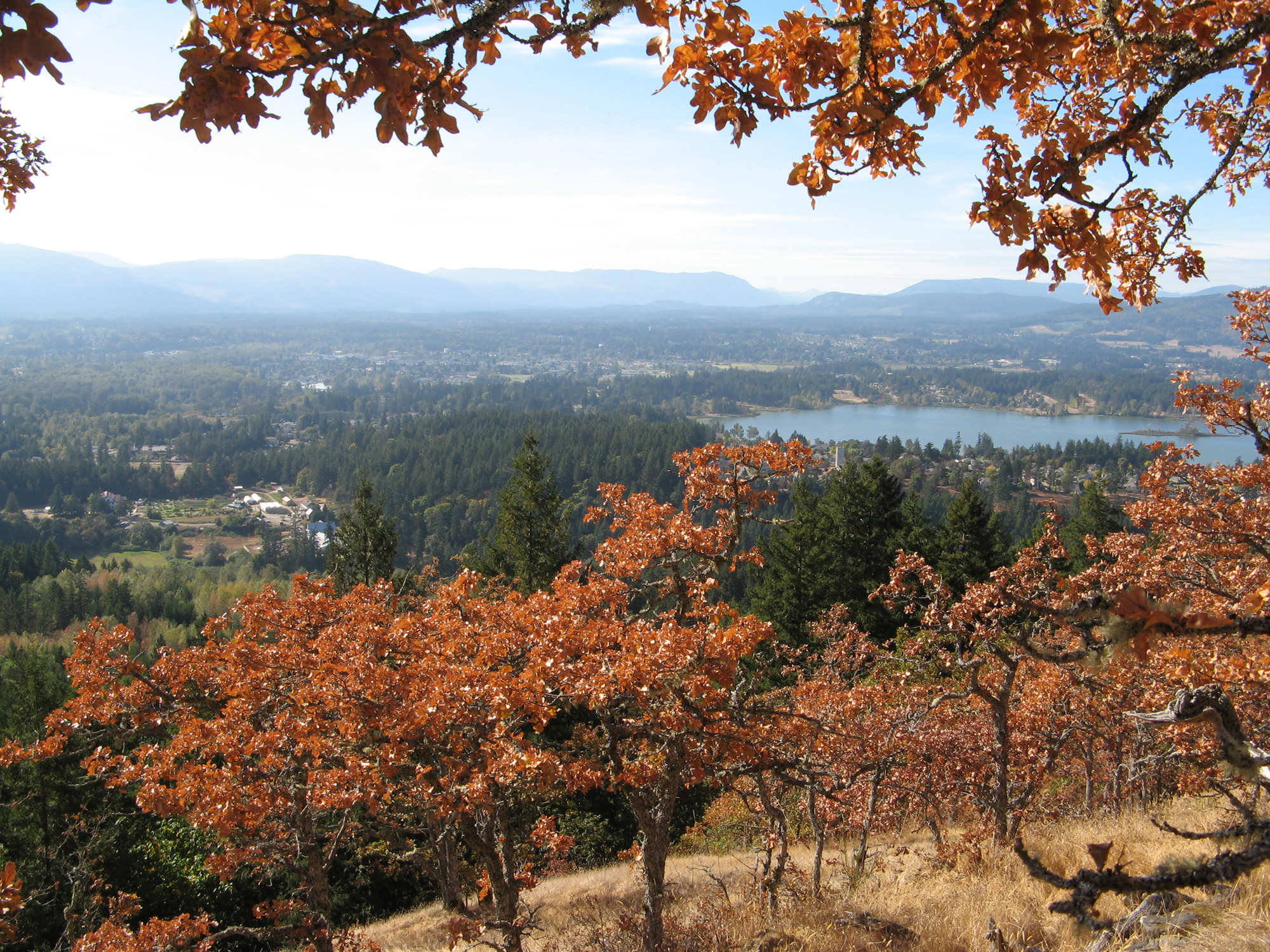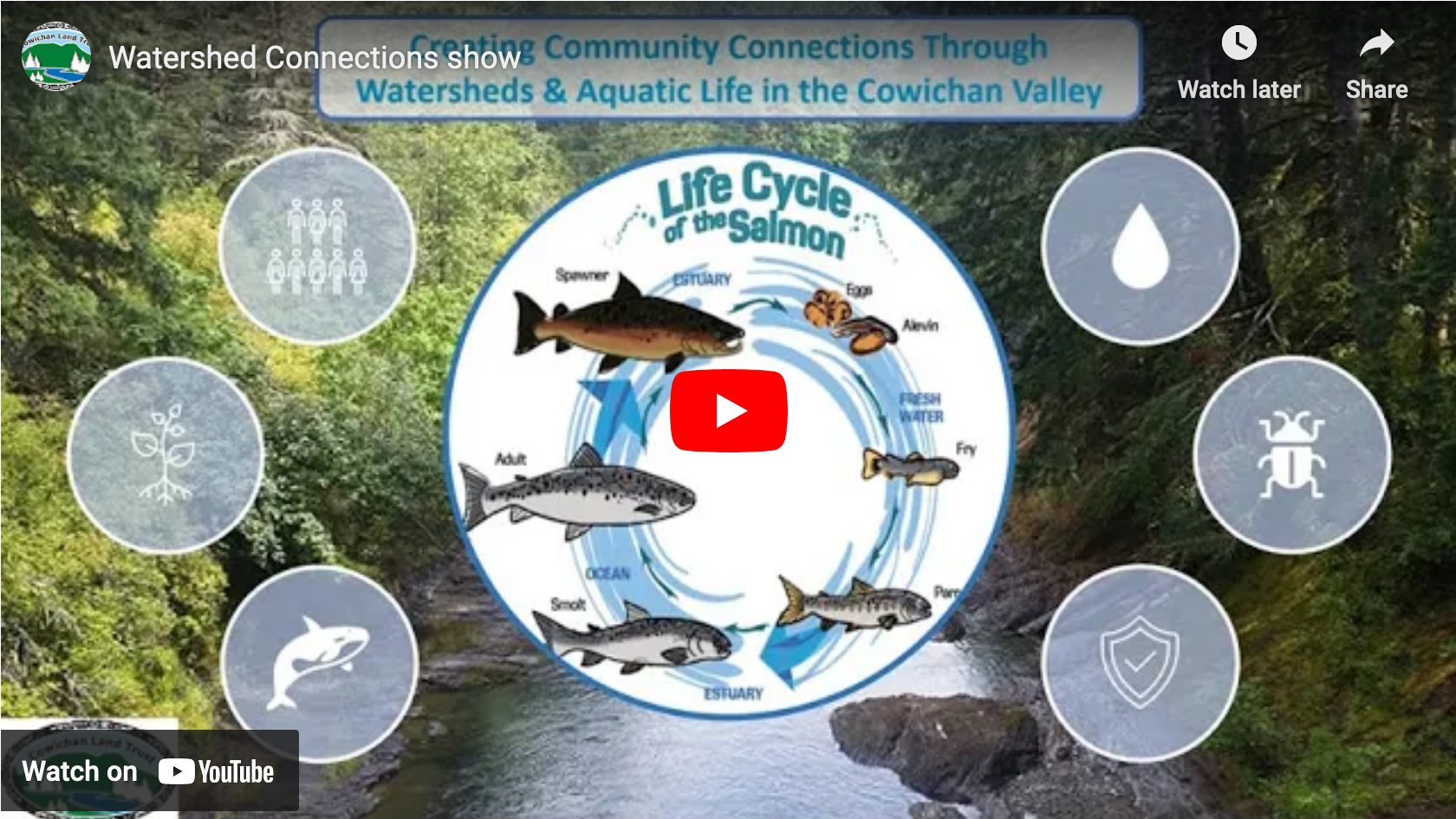Latest News & Initiatives
- Latest News
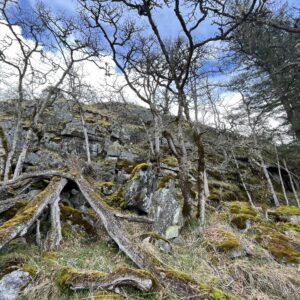
Protecting rare, endangered Garry Oak and Associated Species Ecosystems Garry Oak Meadow with Great Camas (Camassia leichtlinii) Albino Flower. Credit:...
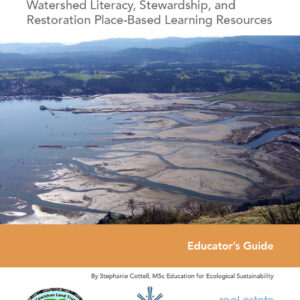
Best Water Ways resources launched! We are welcoming 2021 by launching the Best Water Ways Watershed Literacy, Stewardship, and Restoration...

Seeing Cowichan Forests Beyond Trees Phase 1 report now available John Scull was instrumental in the development of this initiative....
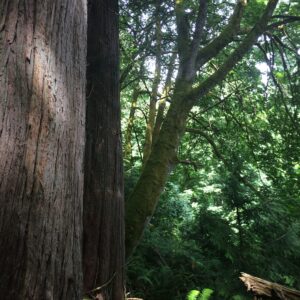
Seeing Cowichan Forests Beyond Trees During this socially stressful time of humanitarian emergency, nature carries on and the Cowichan Community...

Best Water Ways: Watershed experiential learning in action! We launched the Best Water Ways: Watershed Literacy, Stewardship, and Restoration initiative...
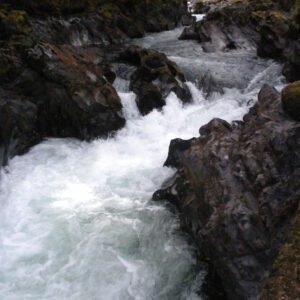
Best Water Ways: Watershed Literacy, Stewardship, and Restoration Place-Based Learning Initiative. The Cowichan Community Land Trust (CCLT): Friends of Cowichan...
Newsletter Signup
Stay up to date with the latest news and upcoming events. Sign up for our newsletter to receive all the latest, delivered to your inbox!
Current Initiatives
- All Posts
- Blog
- caring for our shores book excerpts
- caring our shores
- eelgrass
- eelgrassold
- fowl
- Latest News
- map
- Projects
- Resources
- stewardship
- Back
- newsletters
Tags
- acquisition
- animals
- Bat habitat
- bees
- birds
- blue orchard bee
- caring for our shores
- chemainus
- childrens materials
- conservation
- covenants
- creeks
- CWAP
- donations
- education
- eelgrass
- estuary
- freshwater
- fundraiser
- fundraising
- garden
- Garry Oak Ecosystem
- holland creek
- homemade cleaner
- insects
- intertidal
- invasive animals
- invasive plants
- Invasives
- land
- marine wildlife
- marshes
- natural cleaning
- newsletters
- ponytail
- property taxes
- protection
- restoration
- Riparian
- Sansum Point
- snakes
- south cowichan
- stewardship
- streamkeeping
- streams
- trees
- turtles
- Tzouhalem
- Volunteer
- Water
- waterfowl
- watershed
- wetlands
- youth

